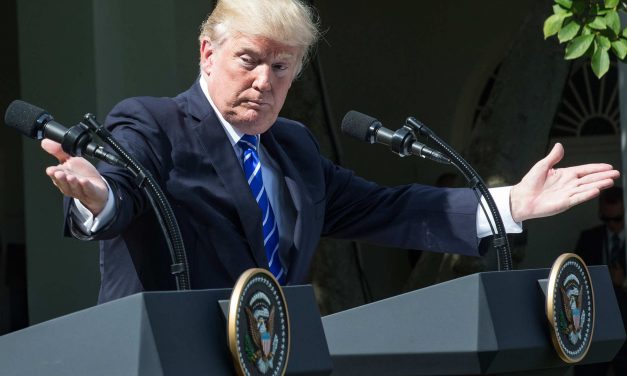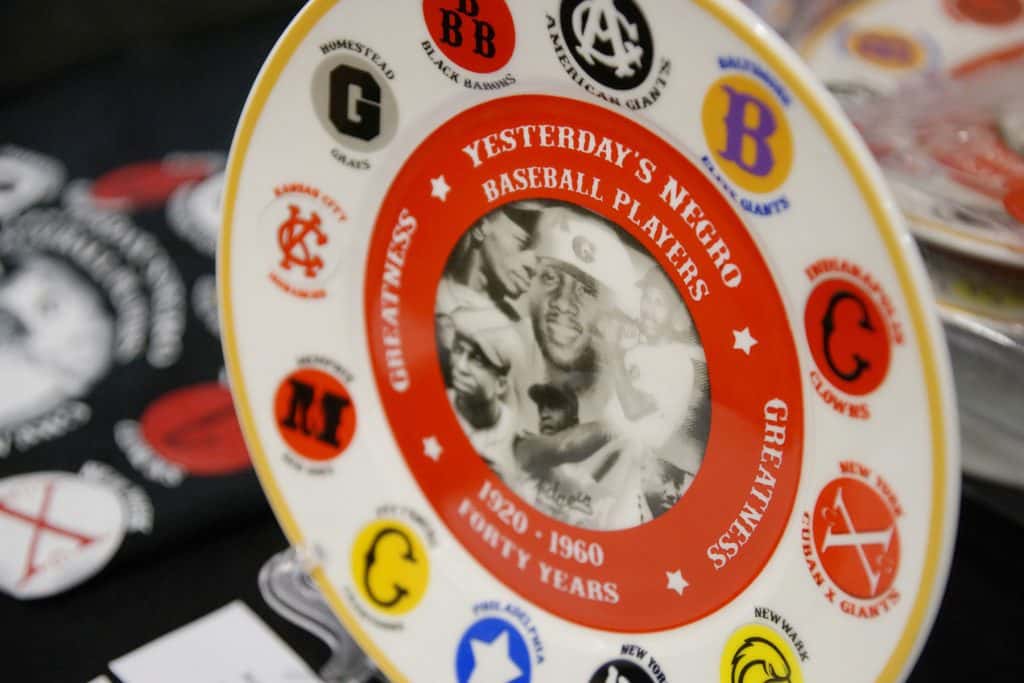Accountability for chaos: A movement built on cruelty faces a reckoning as regret finds no sympathy
Donald Trump’s appeal once seemed unstoppable in certain circles, fueled by a mantra of unapologetic disruption that many supporters hailed as a breath of fresh air. They relished his confrontational style, praising the very chaos that unsettled others. Political adversaries were “owned,” experts were mocked, and the concept of governing through reasoned discourse gave way to a carnival of insults. Those who warned that such an approach would exact a grave cost were dismissed as overly sensitive or out of touch. Today, as a host of economic and diplomatic crises converge, the same supporters find themselves grappling with the...
Read More















